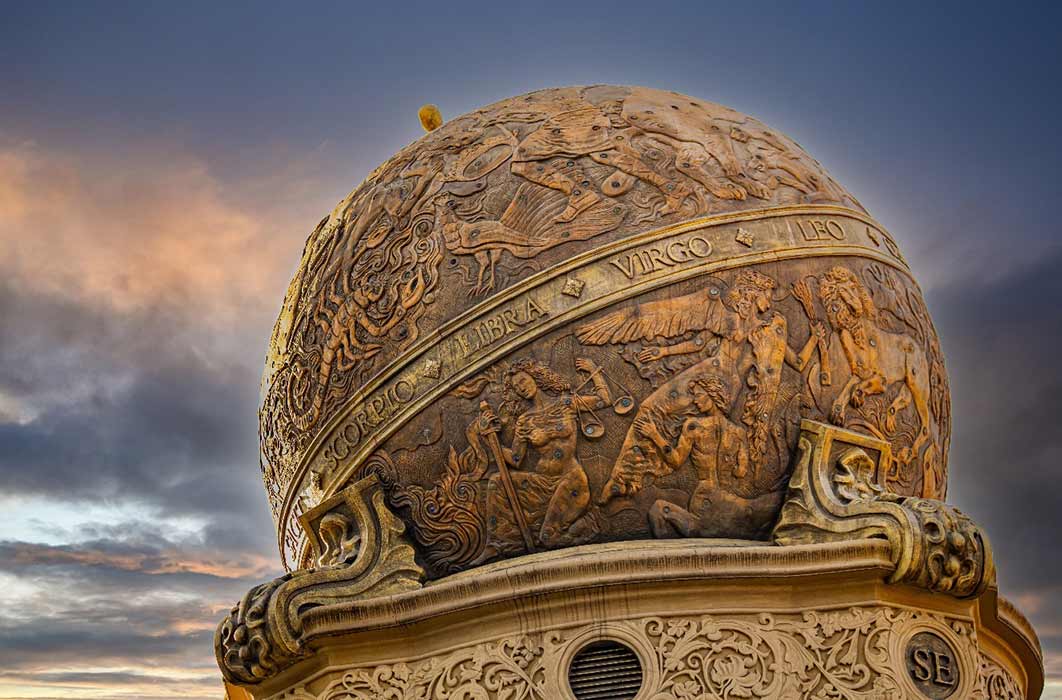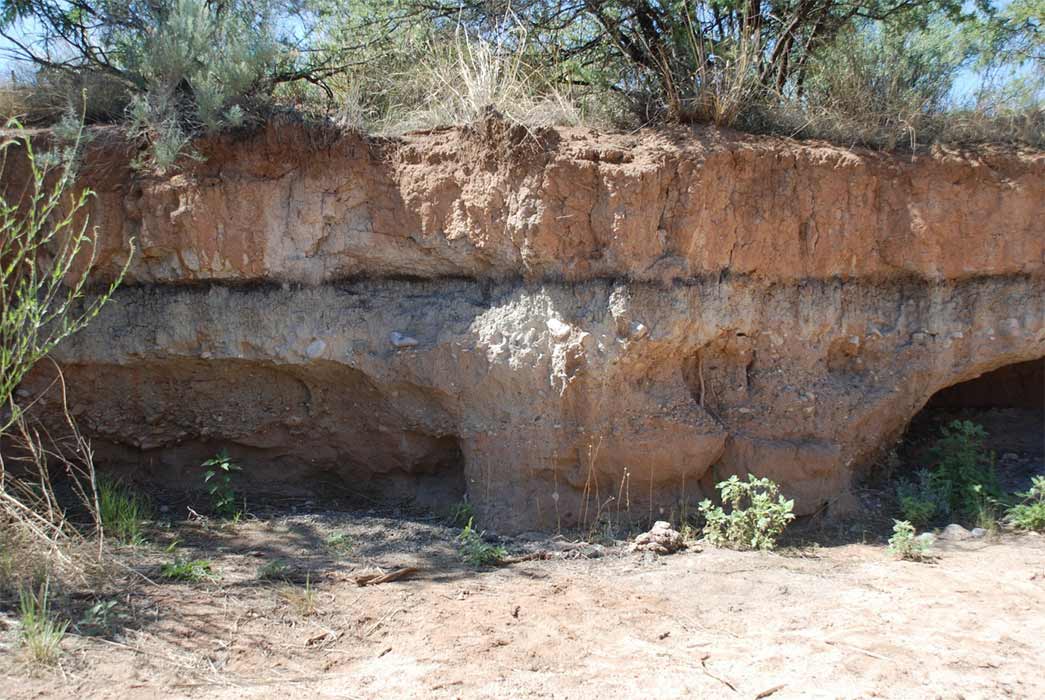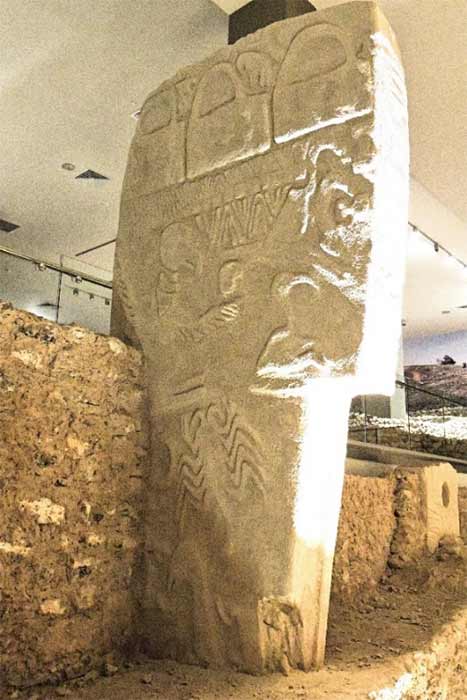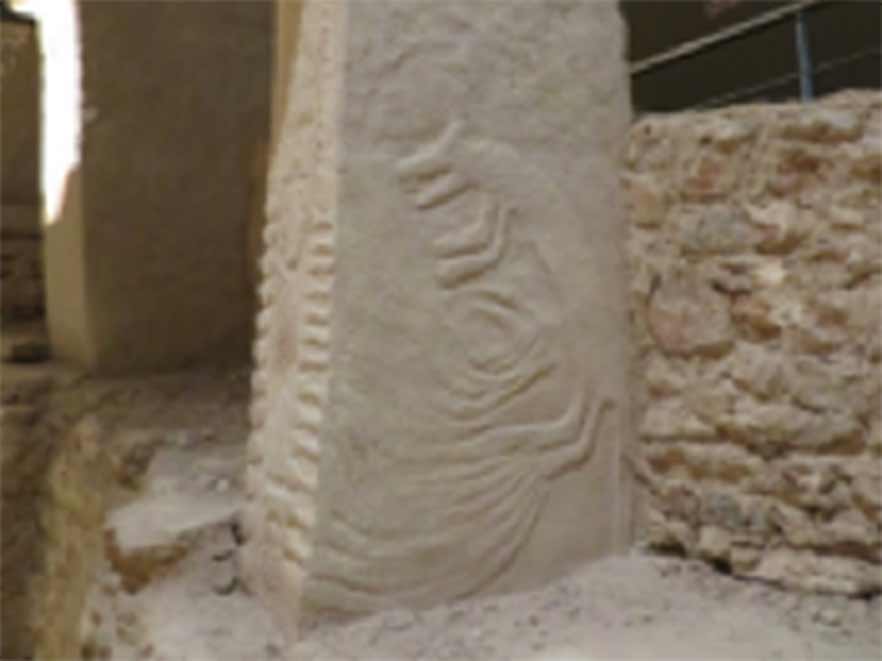
Ancient Origins Of The Modern Zodiac Constellation
Circa 10,835 BC the cataclysmic Younger-Dryas impact event appears to have contributed to the demise of human cultures and many megafaunal species across several continents, although more research is needed to confirm these effects. However, the global evidence of the Younger Dryas impact event, is overwhelming and mainly in the form of geochemical debris, such as nano-diamonds, platinum laden dust and quench-melted impact ejecta, which is scattered in a thin layer over nearly half the world’s land surface. Typically, this boundary layer, which can be used as a datum, is found at the base of what is known as the Younger Dryas ‘black mat’, but it can also be found within northern ice cores. The event occurred simultaneously, within the current resolution of the GISP2 ice core, with dramatic Younger-Dryas cooling.

The Younger Dryas boundary at Murray Springs (Image: Courtesy of the Comet Research Group)
Gōbekli Tepe’s Decoding Of The Younger-Dryas Impact Event
Incredibly, this catastrophic event also seems to have precipitated the onset of a new religion in southern Anatolia, which, in turn, might even have sparked the dawn of modern civilisation. This is supported in the form of an eye-witness account, written in terms of astronomical symbols on Gōbekli Tepe’s pillars. Specifically, Pillar 43 commonly known as the ‘Vulture Stone’, appears to encode the date of the impact event using precession of the equinoxes, with animal symbols representing the same (or very similar) constellations still observed today. The top row of three ‘handbags’ accompanying animal symbols, likely indicates constellations associated with three of the four solstices/equinoxes. The summer solstice constellation is Sagittarius, represented by the eagle/vulture, on the main panel.

Replica of Pillar 43 in Sanliurfa museum. (Image: Courtesy Alistair Coombs)
Moreover, Pillar 33 appears to illustrate the Taurid meteor stream, thought to be the culprit for the impact event, where the snakes depict meteors radiating from the direction of Aquarius (the fox) and Pisces (the bending birds, on the reverse face of the pillar). The snakes radiate from the animal symbols, rather like meteors radiating from constellations. Two separate streams appear to be shown.

Replica of Pillar 33 in Sanliurfa museum (Image: Author provided)
Of course, this is a controversial theory for many reasons, but the main barriers to acceptance seem to be doubts whether:




